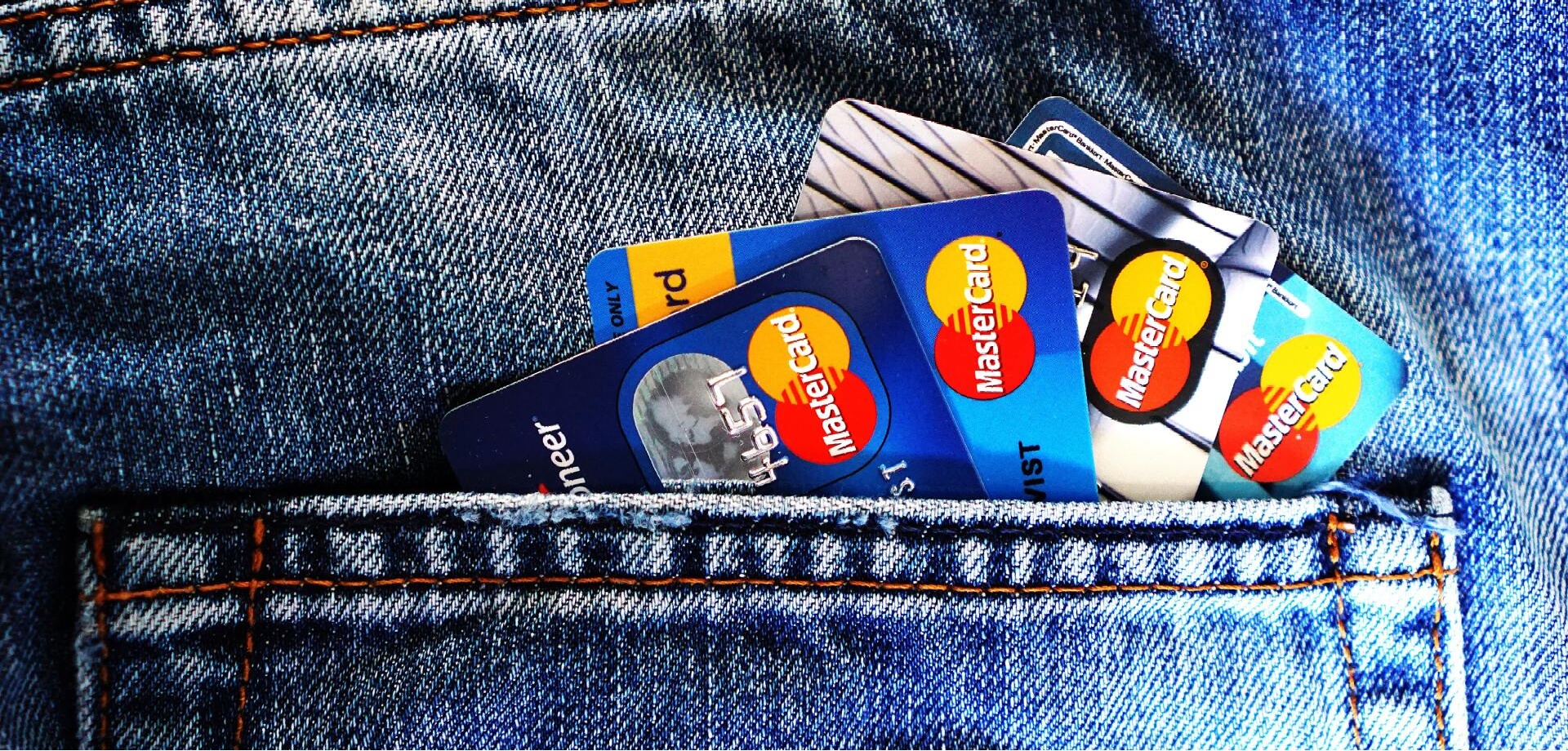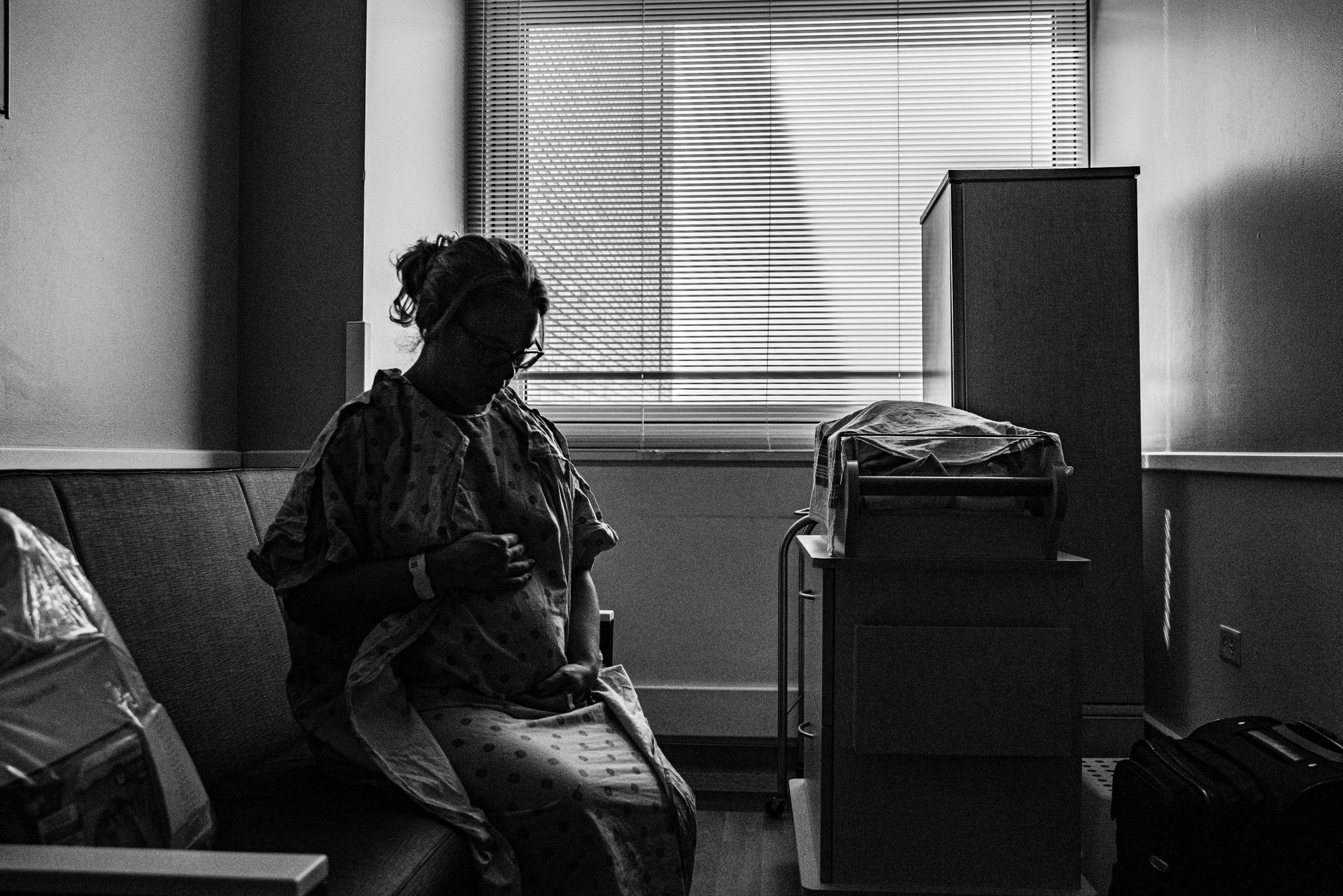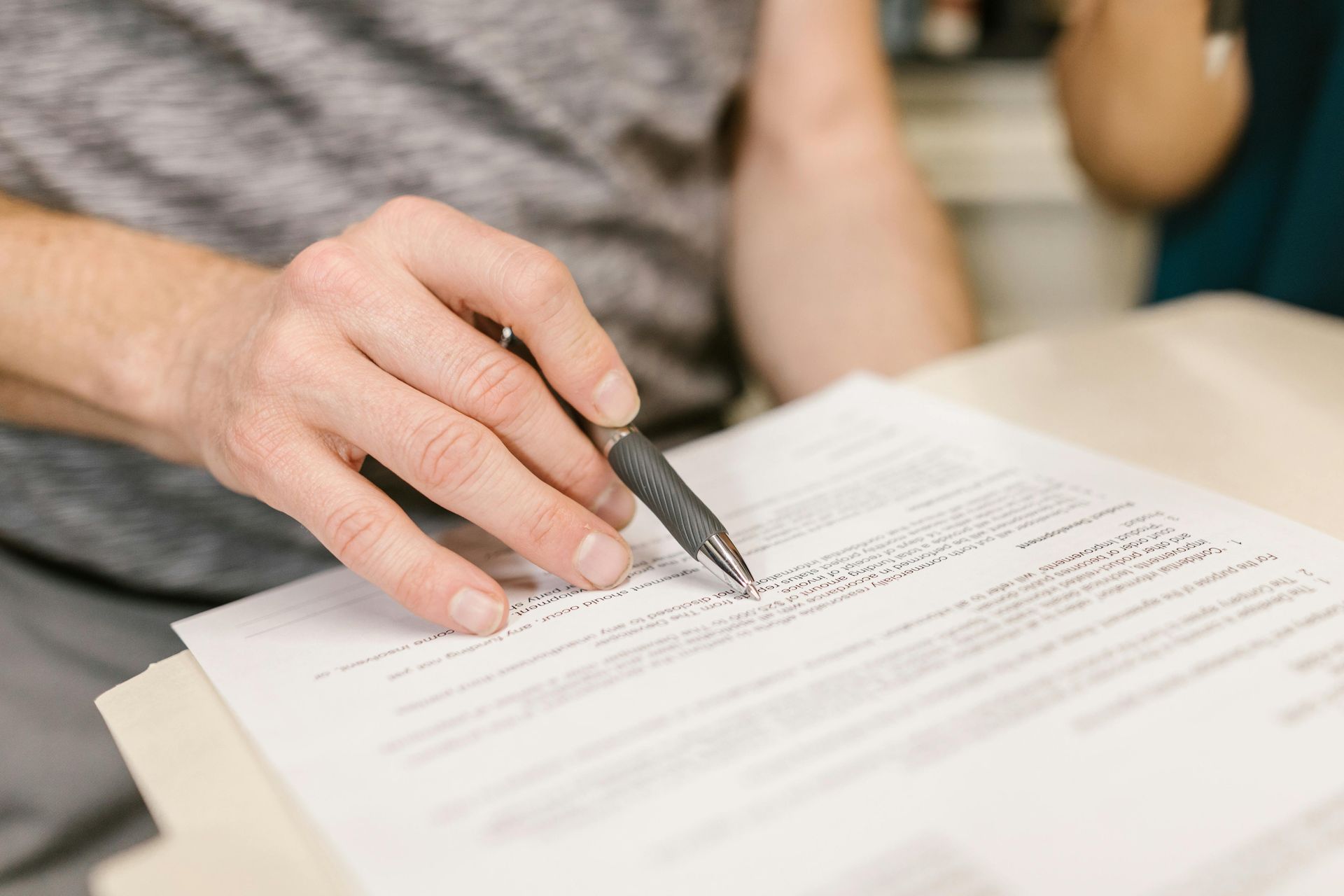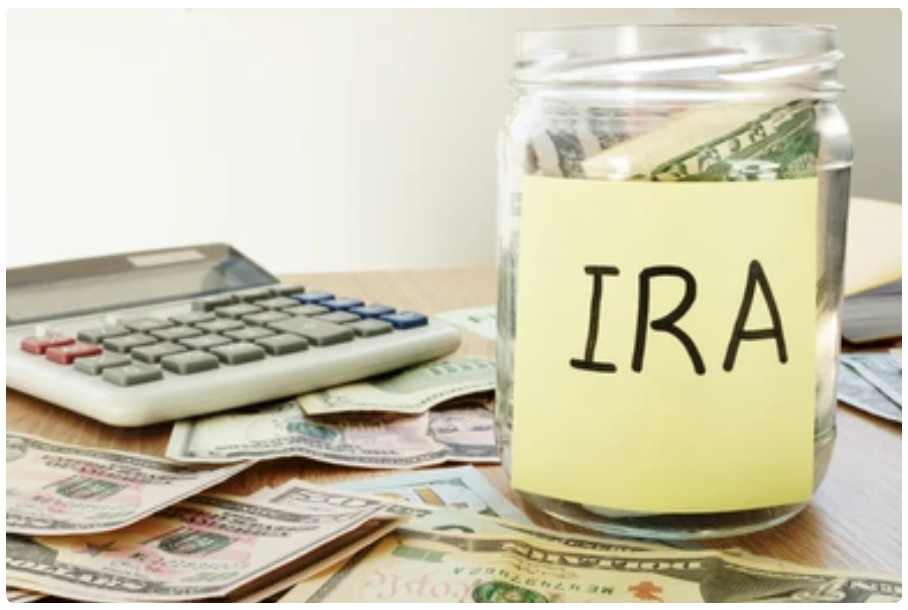When are you truly ready to purchase a home?
Buying a home is one of the most important decisions you'll make in your lifetime.

The first step in buying a home is to determine when you're truly ready to purchase a home. Buying a house is a good way to start building financial security. As you pay down the mortgage, you build up home equity, which is a valuable financial resource.
It could be time to start considering achieving the American dream of owning a house now that the economy appears to be recovering and stabilizing. However, it is more challenging to become a homeowner in the current extremely competitive real estate market, when bidding wars are frequent and homes routinely sell above the asking price. Additionally, after reaching historic lows over the past year or more, interest rates have started to rise, raising the cost of mortgages. Beyond the external variables, such as low borrowing rates and competitive pricing, you must nevertheless think about if it is the correct time for you. Here are five indicators that you might be prepared to purchase a home:
1. No more debt
The first step to buying a home is to get out of debt. This means paying off credit cards, student loans and other loans. Get rid of your outstanding credit card and car loan debt so that you don't have those additional expenses reducing your ability to pay a mortgage.
And, in order to ensure that you can pay for other costs associated with being a homeowner, such as property tax, homeowners' insurance, repairs and upkeep, and furnishings, you also need to have the excess cash flow available that is not going toward debt.
You should also have enough cash in the bank to cover closing costs and monthly payments for the first few months of homeownership. Most importantly, a house loan would likely have more favorable terms (low interest rate), if the applicant has a track record of managing their debt.
Paying your monthly debts on time and using your available credit wisely will lead to another sign, which is a
higher credit score, another indicator of your readiness.
2. Higher credit score
After getting that debt paid off and diligently watching your credit report, you can finally increase your credit score to get a more ideal interest rate. By being able to qualify for a better interest rate, it means you can enjoy a lower monthly mortgage payment, making the possibility of becoming a homeowner more feasible.
Some renters can’t make the leap to homeownership because they can’t qualify for a mortgage. Low credit scores are frequently cited as a cause. Too much debt or a history of late payments will lower your score.
Having a higher credit score is one indication that you're prepared to purchase a property. The monthly payments might be greatly reduced with good credit. Consider delaying this major purchase if your credit score is low because a higher credit score entitles you to lower interest rates and financing conditions.
It can be tough for someone with no credit history to get a mortgage. Consider a low limit credit card or a secured loan to begin creating a responsible credit history. Now the credit monitoring agencies also allow utility bills to help with establishing a good credit history.

3. Increased income
You never want to put more than 30 percent of your monthly income toward a mortgage payment. However, if you know how to live lean until you get a healthy raise, you can put as much as 50 percent toward the mortgage payment. It may be possible for you to have more money available if a larger income has been guaranteed.
You don’t have to put as large of a percentage of your total monthly income toward your house payment if your paycheck increases. The extra income takes away a financial vulnerability that you may have placed yourself in, otherwise.
4. A solid savings and emergency fund
With a house, there's always the possibility of the unexpected, just as there are almost always unforeseen circumstances in daily life. Planning for this stress with additional accounts, such as a savings account and emergency fund, just makes sense and is crucial. After all, your monthly income has already been determined and is required for the mortgage and other expenses; you don't want to be forced to rely on it to cover those unforeseen charges.
An excellent position to be in before purchasing a home is to have income set aside that is equal to at least a year's worth of monthly expenses. Again, the only way to achieve this position for yourself is to live frugally and make it your clear aim.
An emergency fund can keep you afloat if you lose your job or assist you in covering unforeseen costs. Most experts advise having three to six months' worth of expenses saved up, and homeowners may want more.
Homes need maintenance and repairs, especially if they are older homes that can require renovations. Your financial condition will only get worse if you are able to purchase the house but do not have the funds to undertake the necessary repairs.
5. A healthy down payment
You are prepared to purchase a home if you have at least a 10% down payment set aside in addition to your overall savings and emergency fund. It's even better if you can put down even more money—say, 15% or 20%—because you can avoid the PMI (private mortgage insurance) obligation. No down payment or low percentage loans are no longer offered because it was discovered that this circumstance put too many individuals in financial danger and prevented them from continuing to finance their homes.
Your future goals should generally not involve any other large expenses, at least in the near future, than your new home does. You will need to keep it that way and watch your spending so that you will not be at risk concerning the paying of your mortgage.
Conclusion:
Buying a home is one of the most important decisions you'll make in your lifetime. Having these indicators in mind will help remove some of the emotional aspects of considering what home ownership can do to a person. With the right plan and action, you can take control of your life.
Financing the purchase of your next home could be easier and more efficient if you work with a financial planner. A financial planner can help you make the right decisions and avoid costly mistakes. With a financial planner, you'll be able to save, invest and prepare for your new home earlier. To avoid the stress of planning your finances, consult KK Financial Solutions. Find out how they can help you today.
Don't be afraid to lean on us for help when buying your next home. We can provide you with expert advice and guidance to make sure you get the best deal! And instruct you on how to use your investments to help with the down payment and closing costs.
We all need guidance on how to spend our hard-earned money wisely.
If you’re looking to improve your financial picture, we’re here to help.
Check out KK Financial Solutions.











